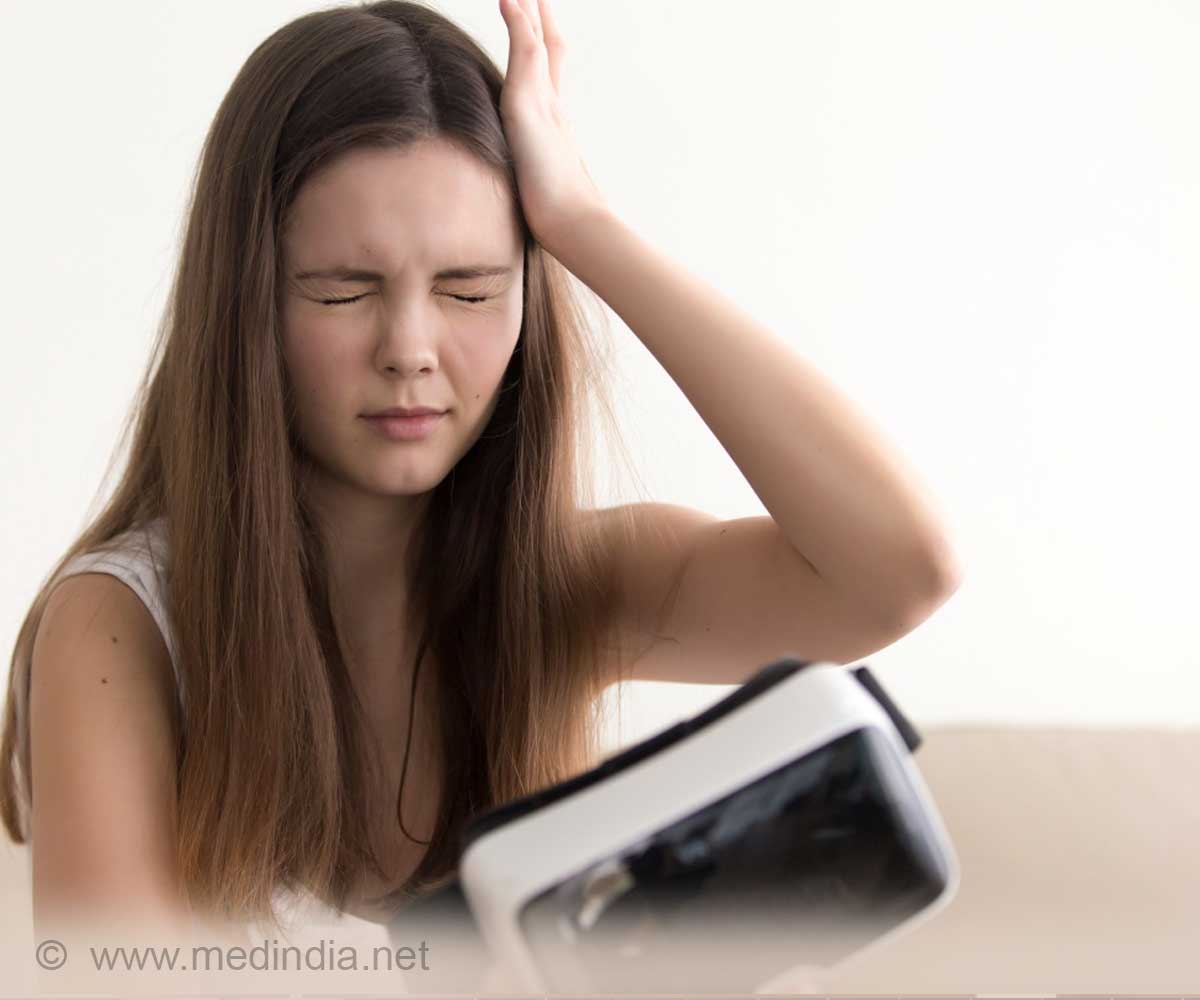With similar mental health statuses of depression and anxiety, more psychotropic drugs are prescribed for women than for men, reports a new study.

‘Gender inequalities in societies could be a contributing factor for significant poor mental health among women.
’





"All this could lead to the existence of a medicalization process of mental health in women, but understanding its origin is difficult since the processes involving the high prevalence of diagnosis and overprescription surely play a role, but maybe also due to infra-diagnosis and lower drug prescription rates in men," adds Bacigalupe.Hence, the research group highlights that decreasing gender inequalities in mental health will need to be the result of policy intervention on various levels.
"There is a clear link between the degree of gender inequality in society and gender inequalities in mental health," states Amaia Bacigalupe, "so all those policies designed to fight the discrimination endured by women on the labor market, in the responsibility for domestic and care work, in the use of time and, generally, relating to those that empower women based on their greater political representation and making them more socially visible, will exert a positive effect on the reduction in mental inequalities between men and women."
Source-Medindia















